Full Automatic Constant Pressure Variable Frequency Water Supply Equipment is a new generation of hi...
See DetailsHorizontal Centrifugal Pumps: The Backbone of Efficient Industrial Fluid Handling
Industry News-In industrial fluid management, the Horizontal Centrifugal Pump remains one of the widely utilized and trusted solutions. Known for their robust design, versatility, and operational efficiency, these pumps play a pivotal role in sectors ranging from water treatment to manufacturing, agriculture, and beyond.
What Defines a Horizontal Centrifugal Pump?
A horizontal centrifugal pump features an impeller mounted on a horizontally oriented shaft. This design enables the pump to convert mechanical energy into fluid movement through centrifugal force. The pump draws fluid into the impeller eye and expels it radially outward, creating continuous flow and pressure.
Unlike vertical pumps, horizontal centrifugal pumps have their shaft and bearings mounted horizontally, making them easier to maintain and service. Their simple structure, combined with high performance, makes them a choice for numerous industrial applications.
Core Advantages Fueling Their Popularity
Horizontal centrifugal pumps offer several key benefits that support their widespread adoption:
Ease of Maintenance: The horizontal layout provides straightforward access to bearings, seals, and impellers, allowing for quicker inspection and repair, reducing downtime.
Wide Application Range: These pumps can handle a variety of fluids, including clean water, chemicals, and light slurries, making them suitable for many industries.
Cost-Effectiveness: Simpler construction often translates to lower manufacturing and maintenance costs compared to vertical or specialized pumps.
Robust and Durable: Designed for continuous operation under demanding conditions, horizontal centrifugal pumps exhibit high reliability and long service life.
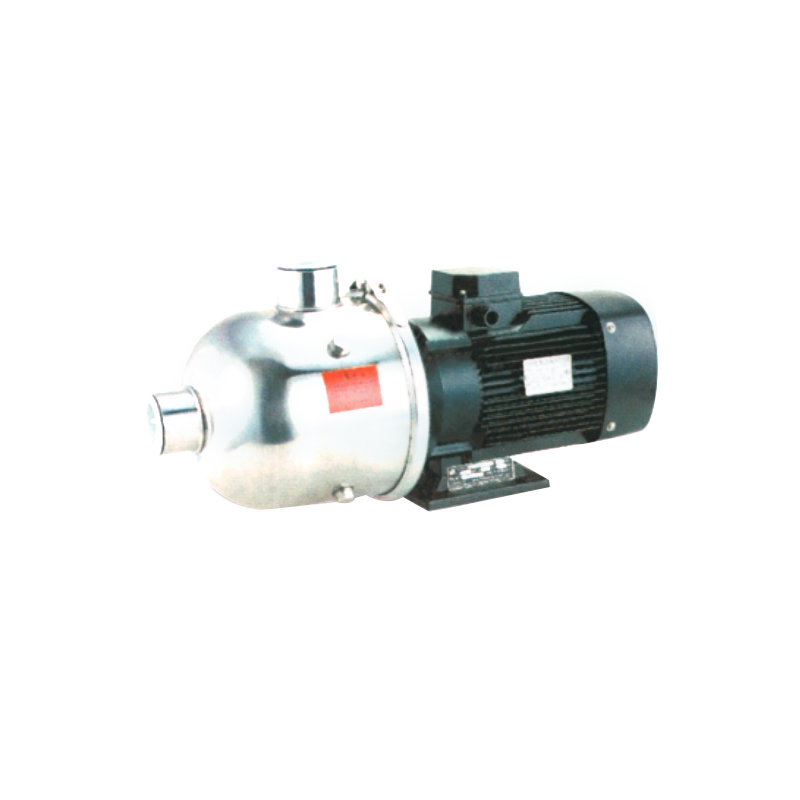
Flexibility in Installation: They can be installed on solid foundations or skid-mounted, offering adaptability to plant layout and operational requirements.
Technological Enhancements Improving Performance
Recent years have seen significant technological strides in horizontal centrifugal pump design:
Advanced Materials: The use of stainless steel, duplex alloys, and engineered plastics improves corrosion and wear resistance, extending pump lifespan.
Hydraulic Optimization: Enhanced impeller designs reduce turbulence and increase hydraulic efficiency, to energy savings and smoother operation.
Sealing Solutions: Innovations such as mechanical seals and magnetic drive systems reduce leakage risks, improving safety and reducing maintenance needs.
Automation and Monitoring: Smart sensors integrated with pump systems enable real-time tracking of vibration, temperature, and flow rate, facilitating predictive maintenance and unexpected failures.
Diverse Applications Across Industries
The flexibility of horizontal centrifugal pumps means they serve a broad spectrum of industries:
Water and Wastewater Treatment: Pumps are central to moving water through filtration, aeration, and distribution stages efficiently.
Agriculture: Used for irrigation systems, these pumps ensure consistent water delivery for crops, enhancing agricultural productivity.
Manufacturing and Process Industries: From chemical plants to food processing, horizontal centrifugal pumps transfer liquids, maintain cooling circuits, and handle waste fluids.
HVAC Systems: They circulate chilled or heated water to maintain temperature control in commercial and residential buildings.
Mining and Construction: Pumps handle dewatering and slurry transport, supporting excavation and site preparation activities.
Case Studies Demonstrating Industry Impact
Municipal Water Supply Upgrade: A city upgraded its water pumping stations with high-efficiency horizontal centrifugal pumps, resulting in a 12% reduction in energy consumption and improved water pressure stability.
Food Processing Plant: A large-scale food manufacturer implemented corrosion-resistant horizontal pumps in its cleaning and processing lines, reducing maintenance intervals and ensuring compliance with hygiene standards.
Irrigation Project in Arid Region: An agricultural cooperative installed horizontal centrifugal pumps with VFD controls, optimizing water usage and adapting flow rates based on crop needs, to significant water savings.
Challenges and Practices
While horizontal centrifugal pumps offer many advantages, careful consideration is necessary for performance:
Foundation and Alignment: Proper installation with a stable foundation and precise shaft alignment is crucial to prevent vibration and premature bearing failure.
Handling of Abrasive Fluids: Though capable of managing light slurries, pumps dealing with highly abrasive materials may require specialized coatings or liners.
Pump Selection: Matching pump curves with system requirements ensures efficient operation and avoids issues like cavitation.


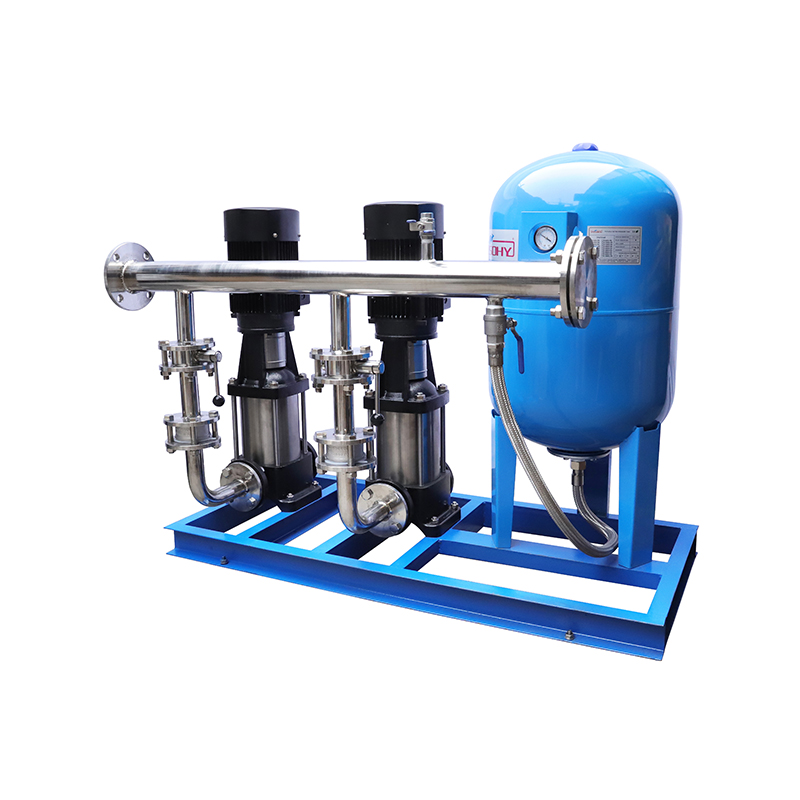
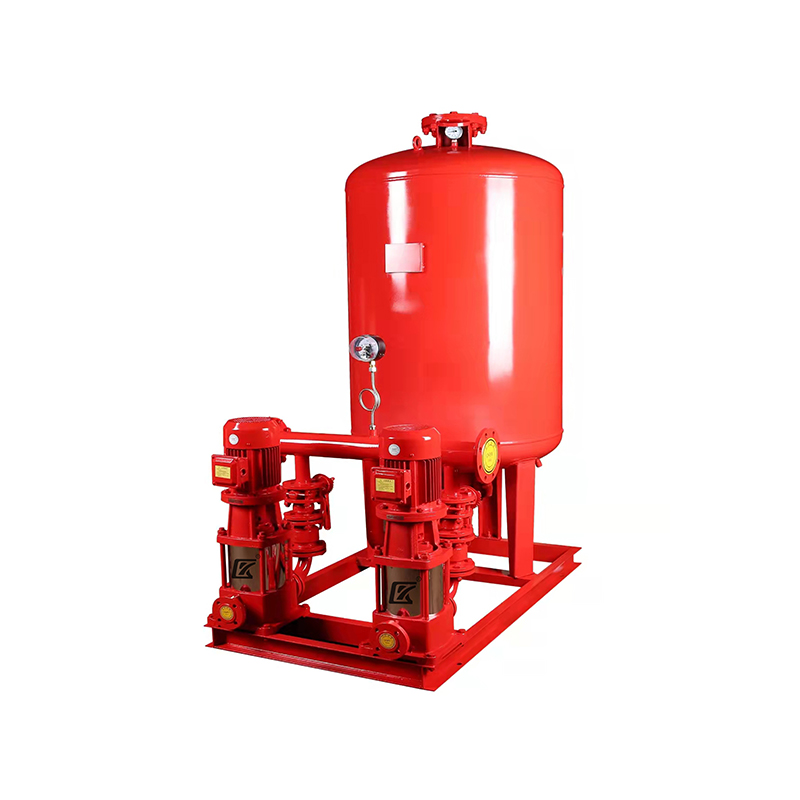
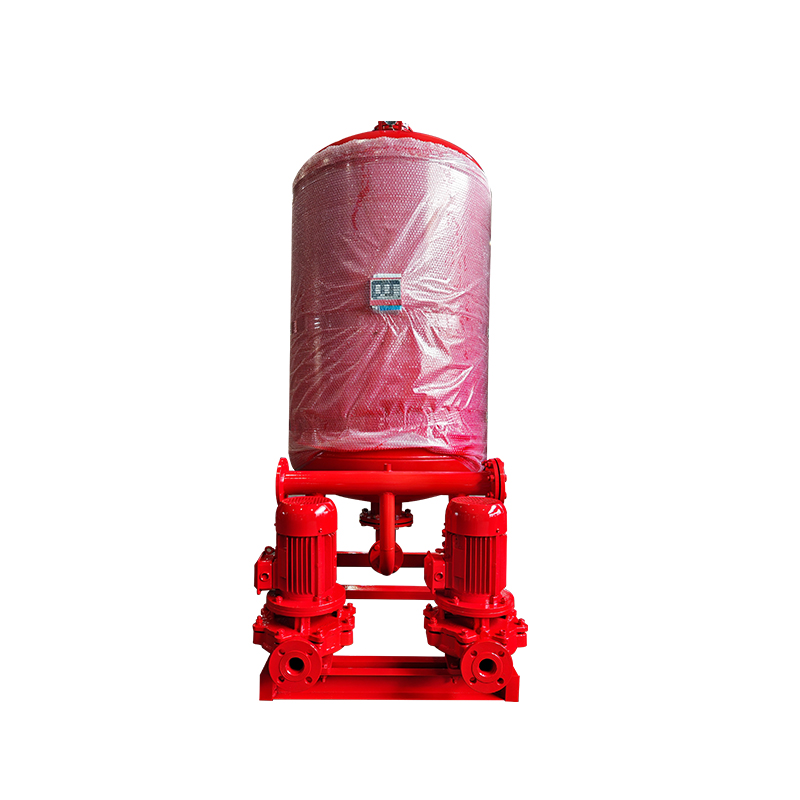

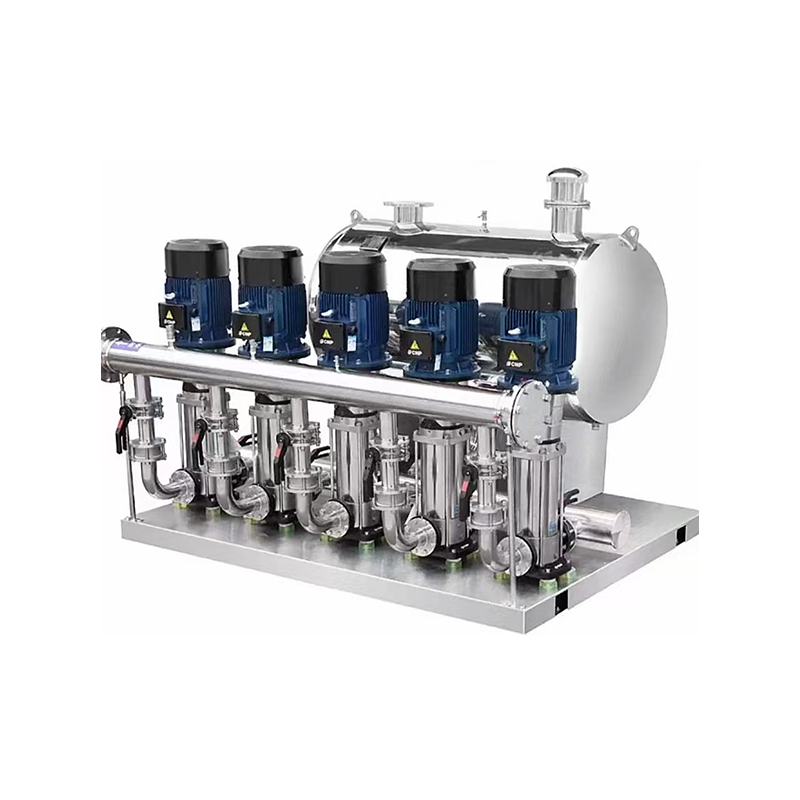
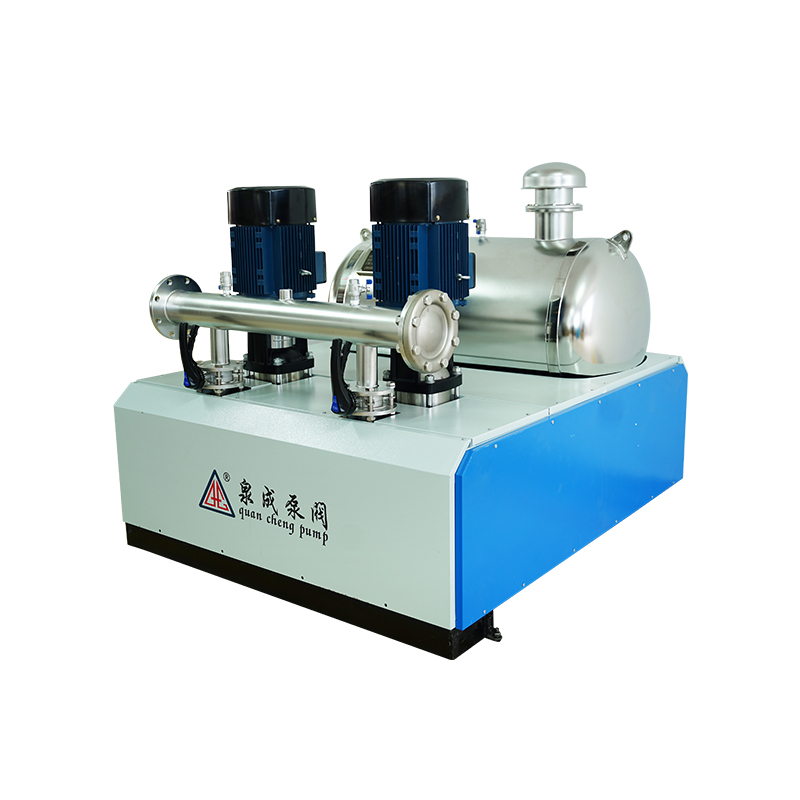
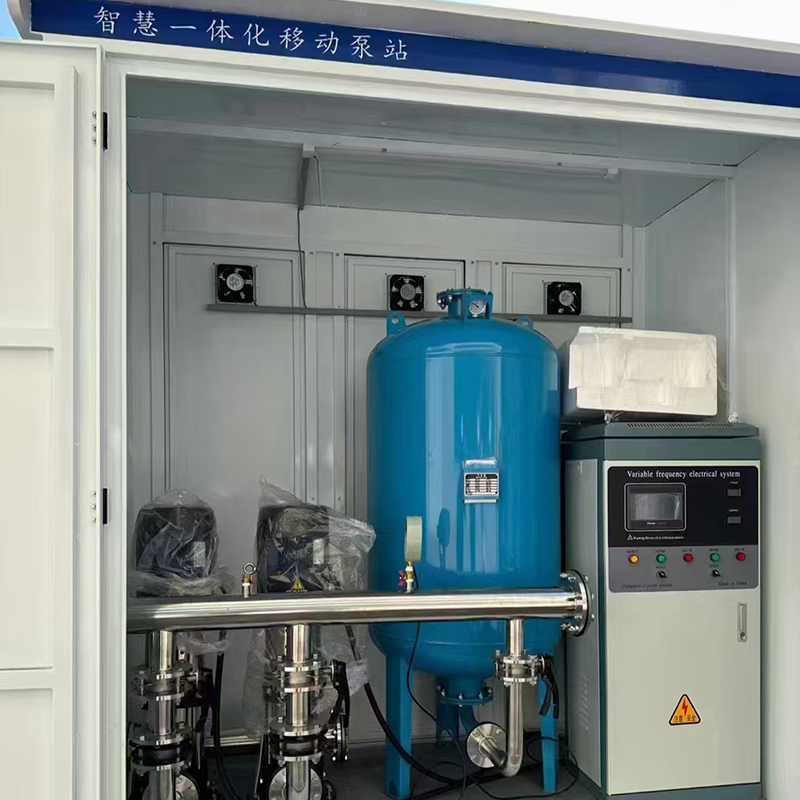
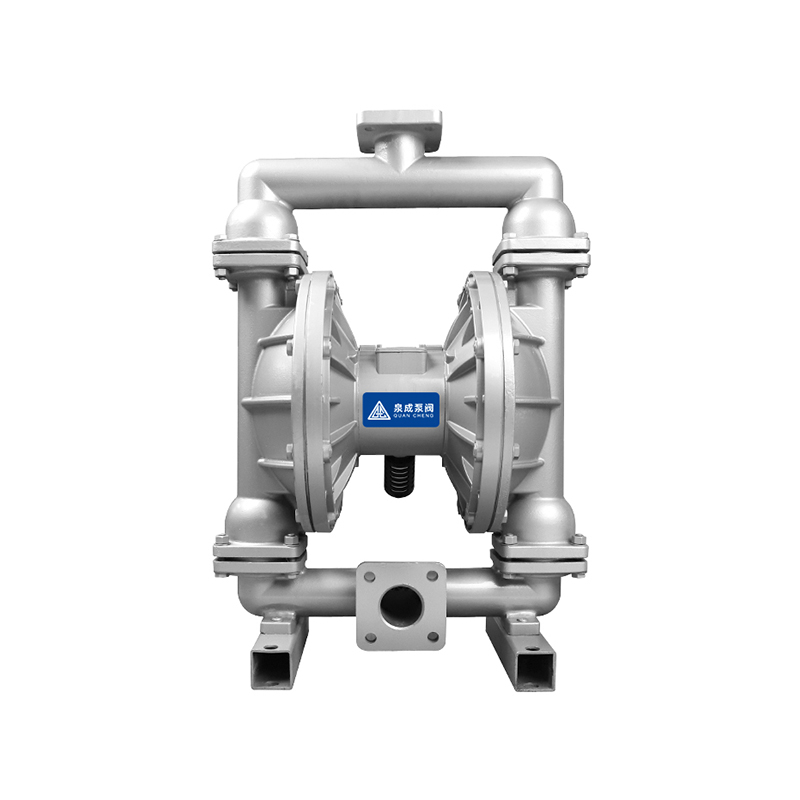
 浙公网安备33032402001888号
浙公网安备33032402001888号
